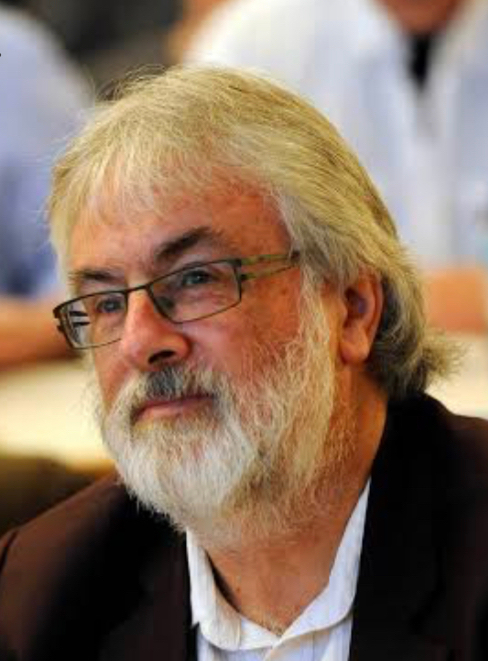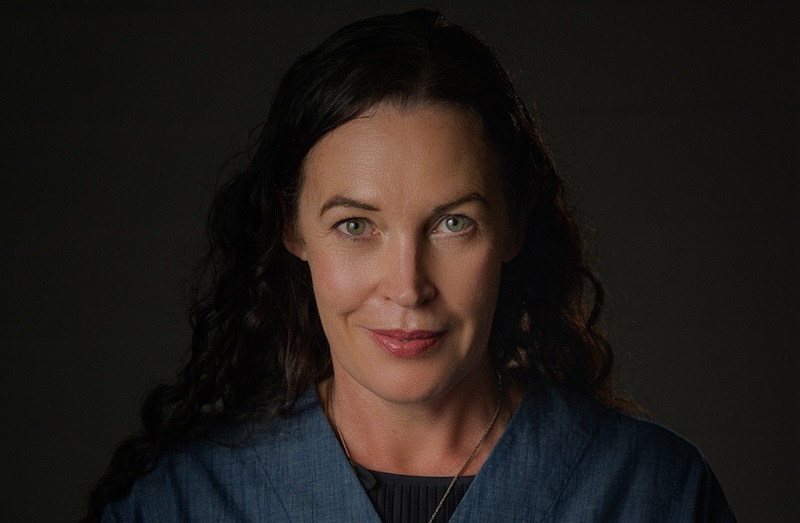The ongoing fiasco that is Aotearoa New Zealand’s
laboratory system which effects around 70% of clinical
decisions not only continues unabated; it goes from worse to
worser.
The nub of the issue is the privatisation of
the health system’s public hospital laboratories which
began under former Labour health minister Pete Hodgson
(2005-07).
It was halted under former National health
minister Tony Ryall (2008-14) and resumed under his National
successor Jonathan Coleman (2014-17). Privatisation halted
again under Labour health minister David Clark.
It has
not resumed since. However, the damage of the Hodgson and
Coleman endorsed privatisation processes is severe and is
getting worse.
Privatisation origins
The
privatisation process began when in some financially
struggling district health boards put their hospital
laboratories up for tender. Hospital laboratories could, and
largely did, make their bids. But they were on a hiding to
nothing.
They simply could not compete with private
laboratory owners who could afford to base their bids on
‘loss leaders’ in order to accumulate big profits in
subsequent years.
Poor national leadership from both
the Ministry of Health and health ministers at the time
enabled this to happen.
Two things happened. First,
they fleeced the system through big profit extraction.
Second, as predicted, it became monopolised primarily now
with the rebranded Awanui.
Consequential
damage
I have published three times this year on the
consequential damage caused by this privatisation. The first
was in BusinessDesk (29March): How
to fix the hospital laboratory fiasco.
The second
was an Otaihanga Second Opinion blog (15 May): Showdown
time over hospital laboratory privatisations as private tail
tries to wag the public dog.
The third was another
Otaihanga Second Opinion blog (16 June): Hospital
laboratory workers win Nelson ‘battle’ but Health
Ministers needs to end private control war.
It did
not take long for the privatised hospital laboratories to be
subjected to incremental clawing back. This was compounded
by the failure of private operators to invest in both their
critical workforce and essential equipment.
These
laboratories became increasingly under private monopoly
control. This acquired monopoly power meant that the
consequential drive for an even higher profit return
increased. Last year Awanui paid a $43 million dividend to
its shareholders.
But, perversely seeing itself as an
Oliver Twist, Awanui’s relentless pursuit of
profit-maximisation continues. This is what drives it more
than anything else.
War now shifts to collective
bargaining
After many years there was a recent
successful fightback against moves to reduce laboratory
services at Nelson Hospital (see above link). However, this
was a ‘battle’; the ‘war’ by stealth
continues.
It has now manifested itself in the
industrial field with a breakdown in collective agreement
negotiations between Awanui and APEX, the union representing
laboratory scientists and technicians. This has been
well-reported in paywalled articles published by New
Zealand Doctor.
With the exception of Canterbury,
all hospital laboratories in the South Island and the wider
Wellington region were privatised. They are now operated by
the Awanui monopoly.
They and all the community
laboratories in the same area, which are Awanui owned, are
covered by this collective agreement. Community laboratories
are responsible for testing general practitioner referrals
while hospital laboratories primarily test referrals from
specialists within their hospital.
The collective
agreement is due for renegotiation but Awanui is refusing to
make a pay offer. In effect it means the employer is
refusing to negotiate with APEX despite the good faith
obligations of the Employment Relations Act.
This lack
of goodwill from Awanui is a continuation of its
longstanding lack of goodwill towards its employees. This
has left the scientists and technicians with no option but
to strike. A secret ballot produced an overwhelming majority
for a week-long strike beginning in
mid-July.
Observation from medical scientists
professional body
The professional body representing
medical laboratory scientists, the New Zealand Institute of
Medical Laboratory Science, has chipped in with a very apt,
on the button, statement agreeing that they had no option
but to strike.
Its President Terry Taylor
said:
We’re the poorest-paid registered health
professionals in New Zealand and many lab workers don’t
even get paid the living wage.
These people
worked their butts off during the pandemic, so you’d think
[Awanui] would be able to come up with a decent offer for
its staff.
As one scientist emailed
me:
Until these power plays are whacked at its
roots this will continue on unchecked. Awanui want more
money topped onto their lucrative contracts, they are more
than happy to leverage off the hard working and under
resourced staff.
This is a carefully scripted
push from a 100% financially focused
approach….
There have been warning signs
galore but no one with the fortitude to cut the umbilical
cord Ian. Maybe this might just be the straw that breaks the
camel’s back…
Hitting nail on the
head
Former Health New Zealand (Te Whatu Ora) Rob
Campbell hit (actually whacked the nail on the head in his
late June LinkedIn post:
This is very
sad.
Not a decision which will have been taken
lightly by these professionals many of whom I have
met.
They are, genuinely, an essential health
service. Privatising their role was always myopic and
dangerous.
Their treatment should not be
acceptable in our public health service, directly or
indirectly.
The Minister and Te Whatu Ora should
step in and make this clear to their
contractor.
He is absolutely right (and we don’t
always agree). Awanui is operating the hospital laboratories
on behalf of Te Whatu Ora who also fund the community
laboratories. It has ultimate responsibility with only
Health Minister Ayesha Verrall.
Time for Te Whatu Ora
and health minister to step up
Chief Executive Margie
Apa needs to step into the arena and insist that Awanui
bargain in good faith with APEX representing an exploited
workforce.
This includes a pay offer that recognises
the impact of the high cost of living on this workforce and
the recruitment and retention pressures.
But there is
another step to be taken. Dr Verrall needs to provide the
necessary political leadership to ensure that these hospital
laboratory privatisations are terminated at their next
expiry dates.
It is straightforward; it is the right
thing to do for the health system and for patients; and
it’s fixable.
Just fix it Minister. It’s called
leadership.
© Scoop Media





















Discussion about this post